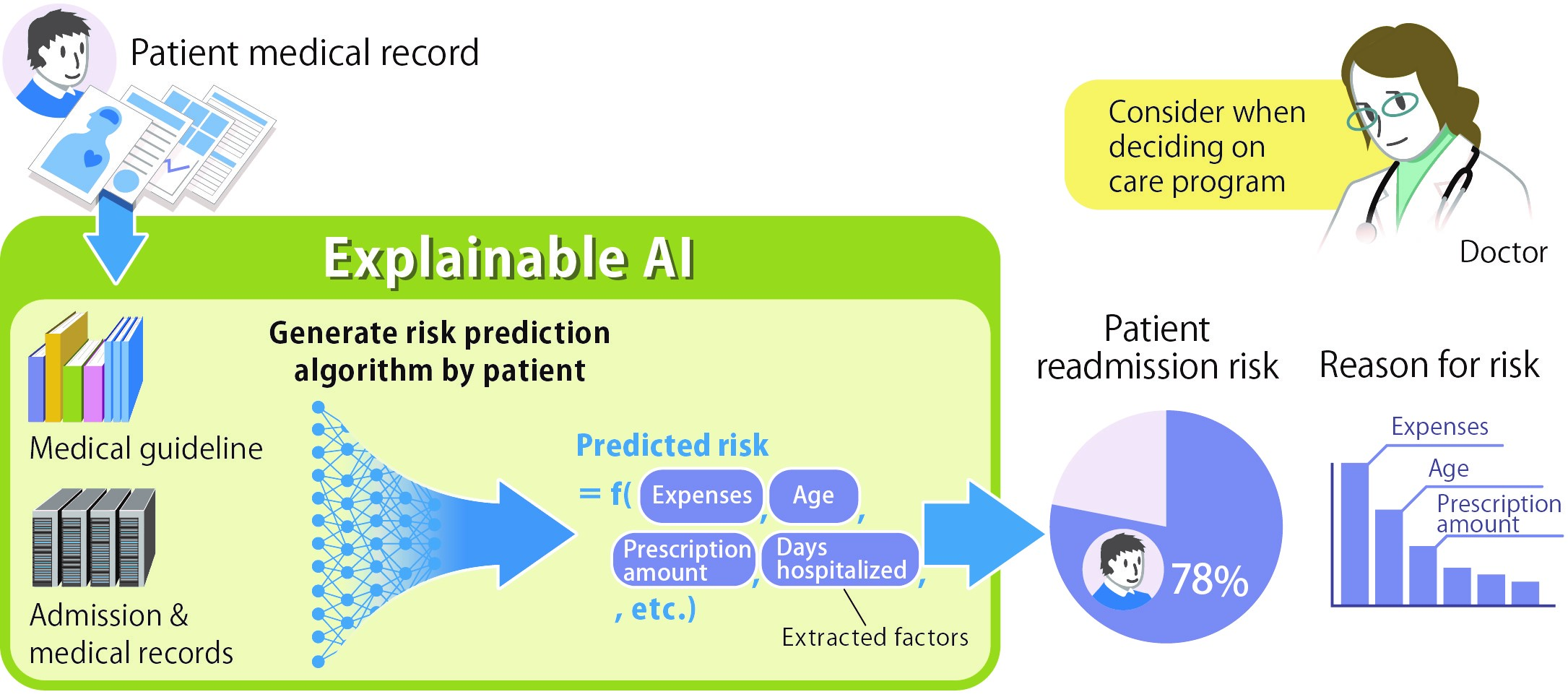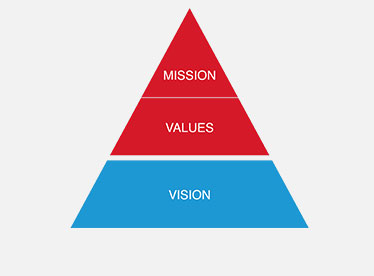-
Products
-
Transportation & Mobility Solutions
Transportation & Mobility Solutions
At Hitachi, we engineer industry-leading transportation and mobility solutions by leveraging decades of knowledge and using high-quality automotive material and components.
-
Energy Solutions
Energy Solutions
We believe the only solution for fulfilling the growing power requirements of industries and society is through a comprehensive portfolio of sustainable energy solutions and delivering innovative high-efficiency energy systems.
-
IT Infrastructure Services
IT Infrastructure Services
Hitachi’s state-of-the-art IT products and services are known to streamline business processes which result in better productivity and a higher return on investment (ROI).
-
Social Infrastructure: Industrial Products
Social Infrastructure: Industrial Products
Within the industrial sector, Hitachi is consistently delivering superior components and services, including industrial and automation solutions, useful in manufacturing facilities.
-
Healthcare & Life Sciences
Healthcare & Life Sciences
At Hitachi, we believe that healthcare innovation is crucial to a society’s advancement. A strong healthcare sector is often considered an inseparable element of a developed society.
-
Scientific Research & Laboratory Equipments
Scientific Research & Laboratory Equipments
Hitachi focuses on extensive research and development, transformative technology, and systems innovation to unfold new possibilities and create new value through scientific endeavors that strengthen the connection between science and social progress.
-
Smart Audio Visual Products
Smart Audio Visual Products
Since 1956, Hitachi audio visual products have provided state of the art solutions to consumers all over the world. It has been our pleasure to design competitive products at the lowest possible prices while maintaining our industry-leading quality standards for your comfort and enjoyment.
-
View All Products
Hitachi Products & Solutions
Hitachi, a technology leader in the U.S., offers a diverse set of products and solutions, and breakthrough technologies for smart manufacturing, green energy and mobility solutions that empower governments, businesses, and communities.
-
Transportation & Mobility Solutions
- Social Innovation Solutions
-
About Us
-
Hitachi in the U.S.A.
Hitachi in the U.S.A.
Discover information about the Hitachi group network across the Americas, upcoming events and sustainability endeavours, CSR policies, and corporate government relations.
-
About Hitachi Group
About Hitachi Group
Explore our leadership team, investor relations, environmental vision, and sustainability goals. Learn how Hitachi is leveraging its research & development capabilities for social innovation across industry verticals.
-
Hitachi in the U.S.A.
- News Releases
- Case Studies
- Careers
- R&D
Partners Connected Health And Hitachi Develop An Explainable AI Technology To Help Doctors Predict Readmissions And Improve Patient Outcomes
Novel AI technology accurately predicts the risk of readmission within 30 days for patients with heart failure, an important quality indicator in measuring hospital performance, potentially saving an additional $7,000 per patient.

Example use situation/case of this AI technology in predicting readmission risk
BOSTON AND TOKYO, DECEMBER 12, 2017 --- Partners Connected Health and Hitachi, Ltd. (TSE: 6501, Hitachi) today announced the development of artificial intelligence (AI) technology by Hitachi, in collaboration with Partners Connected Health, which can predict with high accuracy, the risk of hospital readmissions within 30 days for patients with heart failure. The AI technology helps select appropriate patients to participate in a readmission prevention program following hospital discharge, and can explain the reason why patients were identified as being at high risk. The 30-day readmission rate is regarded as one of the important indicators in hospital management, and can carry significant penalties for hospitals via the US Centers for Medicare and Medicaid (CMS) as part of the Affordable Care Act.
This technology is an example of explainable AI, a new term currently defined as enabling machines to explain their decisions and actions to human users, and enabling them to understand, appropriately trust and effectively manage AI tools, while maintaining a high level of prediction accuracy.
“Traditional machine learning can help us predict events, but as end-users, we can't tell why the machine is predicting something a certain way,” said Kamal Jethwani, MD, MPH, Senior Director, Partners Connected Health Innovation. “With this innovation, doctors and nurses using the algorithm will be able to tell exactly why a certain patient is at high risk for hospital admission, and what they can do about it. We want to enable our providers to act on this information, which is a step beyond the state-of-the-art today, in terms of machine learning algorithms.”
As part of the study, the Partners Connected Health Innovation team simulated the readmission prediction program among heart failure patients participating in the Partners Connected Cardiac Care Program (CCCP), a remote monitoring and education program designed to improve the management of heart failure patients at risk for hospitalization.
These results were compared to data from approximately 12,000 heart failure patients hospitalized and discharged from the Partners HealthCare hospital network in 2014 and 2015. The analysis showed the prediction algorithm achieved a high accuracy of approximately AUC 0.71, and can significantly reduce the number of patient readmissions. (AUC, area under the curve, is a measure of prediction model performance with an ideal value range from 0 to 1.) As a result, approximately an additional US $7,000 savings per patient per year among the cohort of CCCP patients can be expected.
Hitachi's new AI technology uses deep learning to construct this prediction model. With conventional deep learning models, it is difficult for users to understand why the AI predicted a particular outcome. This presents a challenge for its adoption in healthcare. To address this problem, Hitachi developed a technology for risk prediction with analyzing the results presented by deep learning and extracting the several dozens of actionable factors for each patient from the vast amount of data collected from heart failure patients. These are elements familiar to clinicians and can support medical decision-making in clinical practice. Through a standard statistical approach based on this risk prediction model, the extracted factors were used to calculate the risk of hospital readmission, and the relevance of the factors was calculated. Thus, this explainable AI technology can enhance prediction accuracy and the quality of medical decision-making.
Hitachi and the Partners Connected Health Innovation team will jointly conduct a prospective study, which evaluates the prediction program by clinicians, and study how to integrate this within clinical workflows. By using this new AI technology, Hitachi will provide solutions for the medical field, including solutions for insurance and pharmaceutical companies, emergency services, and other healthcare services where prediction-based on medical data can be utilized.






